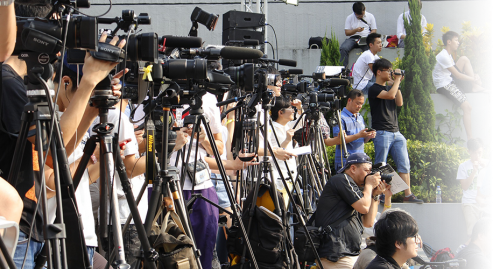“This series of Briefing Notes is designed to give readers an understanding of the key international legal standards that apply in the context of freedom of expression. They are aimed at an audience which does not necessarily have a deep understanding of freedom of expression issues, but they also aim to be of interest and relevance to more sophisticated freedom of expression observers and practitioners. Thus, while the Briefing Notes are designed to be broadly accessible, they also provide readers with fairly in-depth knowledge about freedom of expression issues. Each individual Briefing Note addresses a different thematic freedom of expression issue. The first, perhaps predictably, is titled Freedom of Expression as a Human Right, while the second looks at the permissible scope of restrictions on freedom of expression under international law. Several of the Briefing Notes focus on different areas of media regulation, including print, broadcast and public service media, journalists, media diversity and independent regulation. This reflects the central role media regulation plays both in terms of guaranteeing freedom of expression and in the legal frameworks found in democracies relating to freedom of expression. There are also Briefing Notes on both criminal and civil restrictions on freedom of expression, as well as on the right to information (or freedom of information) and digital rights. In addition to providing substantive guidance in the relevant thematic area, the Briefing Notes contain a number of pithy quotes from leading sources. The idea is to provide readers with quick access to ‘quotable quotes’ for possible reuse in their work. Each Note also contains a section at the end on further resources, for readers who want to probe the subject more deeply.”

